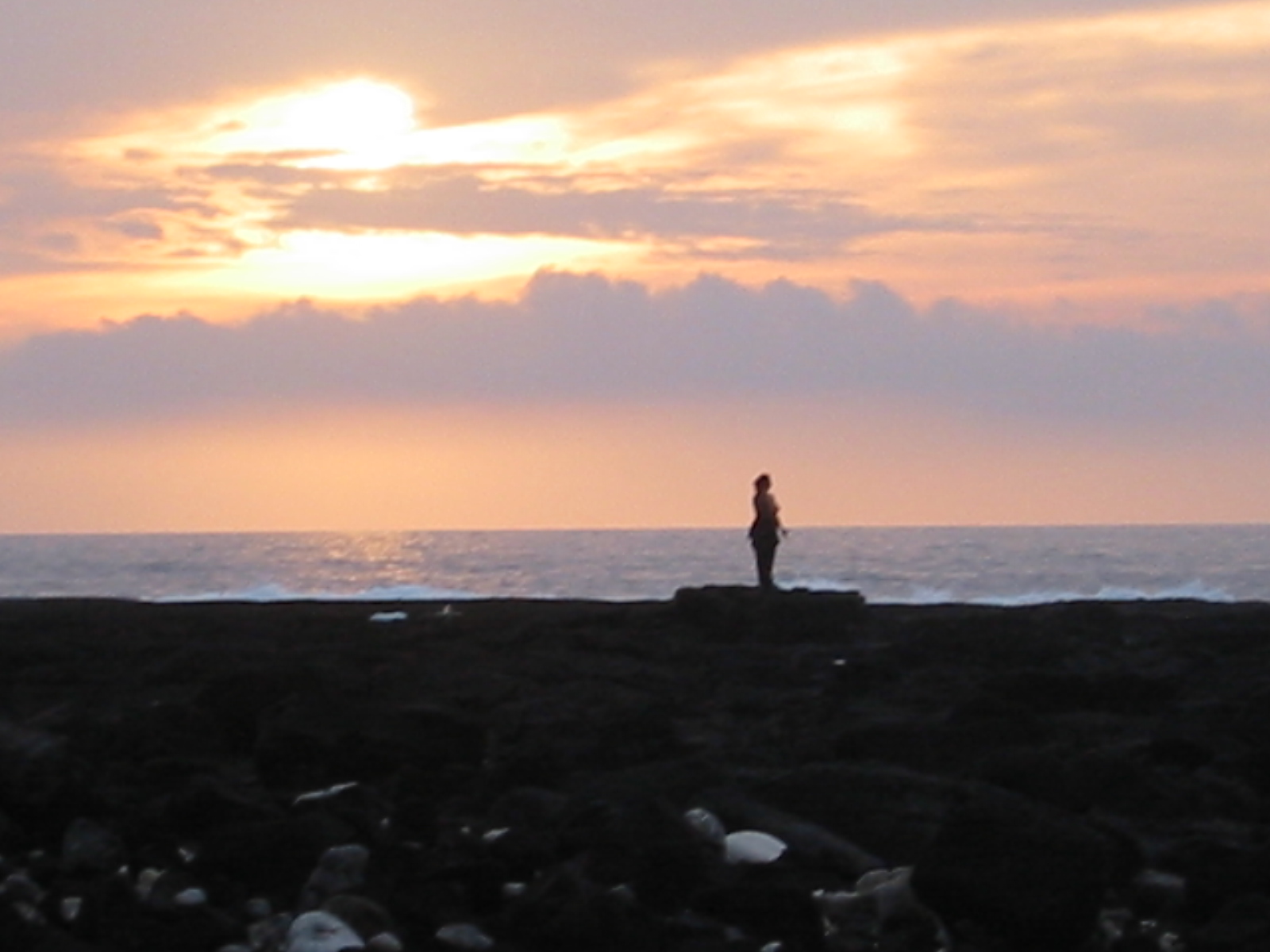Aloha,
Here is an excerpt from my book The Foundation of Huna.
Within the Huna tradition, the unconscious mind is believed to have a blueprint for perfect health at the deepest level, possibly residing in the higher self. According to Uncle George Na‘ope, some of the first Westerners to reach Hawai‘i in the 19th century found a group of people who were almost completely devoid of mental and physiological disease. Hawaiians had very little (if not zero) disease because they knew how to work with unihipili to release stress and their “stuff,” the repressed emotions and memories within the unconscious mind. According to Papa Bray, the Hawaiian system of healing prior to the advent of the missionaries incorporated treatment of the entire individual, all four bodies and all three minds. It was truly a holistic or integrated approach to health and healing.
For example, the ancient Hawaiians recognized the psychological traumas associated with war, so they had specific locations where warriors would prepare for battle. When these soldiers returned from battle, they were sent to a series of healing centers. One center would heal the body, one would heal the emotions, another healed the mind, and yet another healed the spiritual body. In essence, the community de-programmed each warrior before asking him to assimilate back into his village. The Kahuna realized that asking soldiers to go home and plant crops after you’d just sent them off to kill people was a challenging transition – and not one that was likely to be successful. Instead, the system promoted full healing and total well-being.
My Kumu (teacher) Etua told me the story about a friend who returned from a tour of duty during the United States’ first war in Iraq. “This guy came back,” said Etua, “and he was never the same. I tried to work with him, but it was as if he was still in Iraq.” Many veterans have difficulty because they do not know how to work with and heal the pain stored in the unconscious after the trauma of war.
Relating to Our Unihipili
Your unconscious mind is like an eager child wanting to serve you and give you everything that you desire. Unihipli has only your best interests at heart and knows what it must to do to support your physical and emotional health. Yet today, many of us treat our unconscious mind abusively. We ask it for more physical energy because we want to work twelve, even fifteen hours a day. We ignore our unihipili’s attempts to surface repressed pain for healing because we don’t want to deal with the discomfort. We thwart the survival instincts of our unconscious by placing ourselves in dangerous or unhealthy environments. And when the unconscious mind attempts to do its job by forcing us to sleep to repair the body, presenting painful issues for resolution, or activating our fear response to keep us from risky actions, we get angry with it. We browbeat it into submission or berate ourselves for our “lack of control.”
But the ancient Hawaiians were much more respectful. They understood the wisdom and responsibility of their unihipili. They also knew that their connection to their higher conscious mind, their higher self, was through the unconscious, not in spite of it.
To help with healing, work with your unconscious and you will get the best results.
Mahalo,
Dr. Matt




